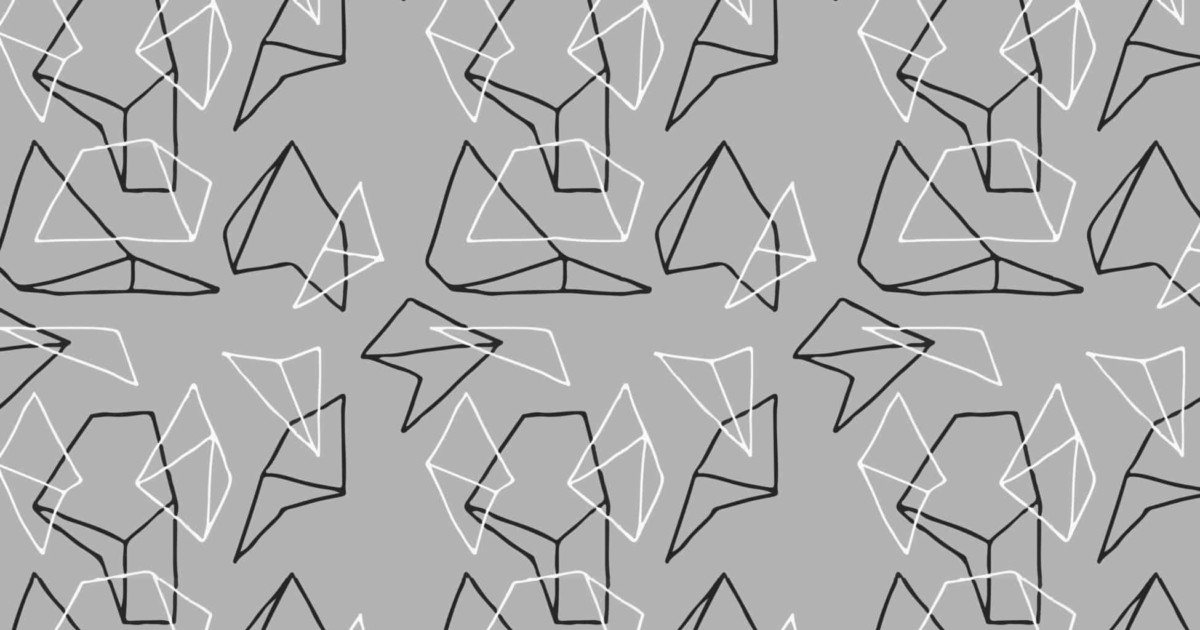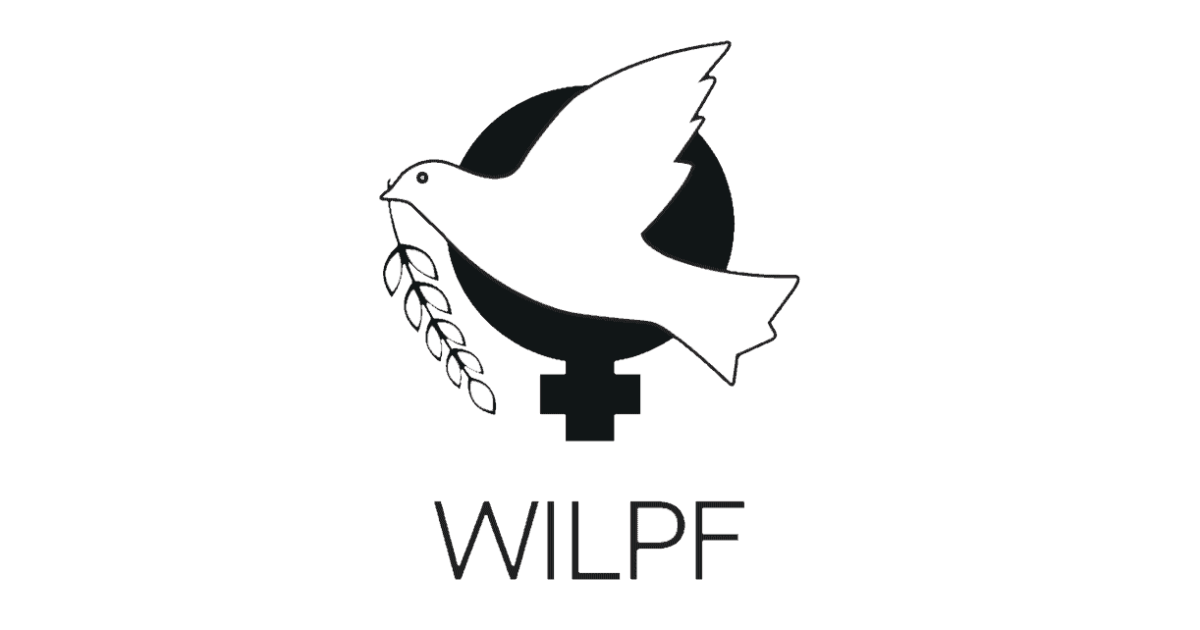Syria & Golan Heights
Syria & Golan Heights
Since 2011, Syria has been on the United Nations Security Council’s agenda, when President Assad’s aggressive actions against pro-democracy protesters during the Arab Spring became more frequent and increasingly violent, leading to civil war and terrorist violence within the country.
Insecurity is the primary concern for women, yet in spite of their limited operating environment, women activists have organized nonviolent protests, distributed and monitored humanitarian aid, documented human rights violations, created safe spaces for women and children, and worked at the local level to set up ceasefires, prisoner releases, and elections.
Based on the work of NGOWG members and their partners, the NGOWG advocates for ensuring women’s needs— such as secure access to sanitation facilities and hygiene, and health assistance— are adequately addressed, and that Syrian women are equally and meaningfully participating in the UN-facilitated political process and in the design and implementation of ceasefire monitoring mechanisms.
Golan Heights
Golan Heights, a disputed plateau in south-western Syria, is home to an equal number of Syrians and Jewish settlers, and since 1973, United Nations Disengagement Observer Force (UNDOF) peacekeepers have observed a contested territorial line between Israel and Golan Heights.
In the current Syrian conflict, Golan Heights has become a key strategic geopolitical position, causing an escalation in violence and increased violations of the ceasefire territorial agreements. Recent advances and attacks by the Islamic State of Iraq and the Levant (ISIL) have concerned residents of Golan Heights— particularly given ISIL’s systematic denial of women’s rights and perpetuation of violations against women.
Based on the work of NGOWG members and their partners, the NGOWG advocates for addressing the increasing gender imbalance in UNDOF by deploying a higher percentage of women, and inclusion of gender-specific language in the UNDOF mandate.
Current and Past Recommendations to the UN Security Council (Monthly Action Points)
The Council is expected to remain engaged on the situation in Syria, which continues to deteriorate with the civilian population subjected to a broad range of human rights violations. Parties to the conflict are, in many cases, preventing necessary humanitarian services in direct violation of SCR 2139 (2014). The refugee crisis in neighboring countries also continues to worsen. The humanitarian community must continue to appropriately meet the specific needs of refugees created by the non-camp settings, where over 85% of refugees reside. Displaced women and girls, particularly those with disabilities and those separated from their families, remain at greater risk of gender-based violence and of receiving assistance meeting their basic needs. In line with SCR 2122 (2013), the Council should call on the new UN Special Envoy to Syria, Staffan de Mistura, to regularly consult with women’s organizations and women leaders. The Council should call for women’s direct and meaningful representation within delegations to official negotiations, inclusion of women in related Track II efforts, and official consultative mechanisms designed to engage community-based women groups and civil society representatives.
Relevant Resources








